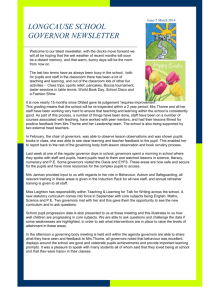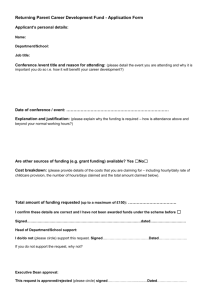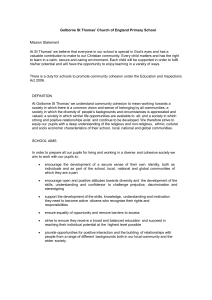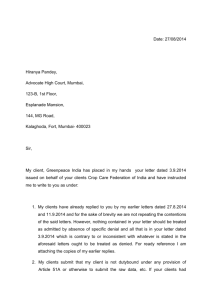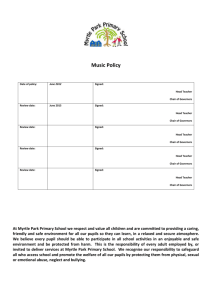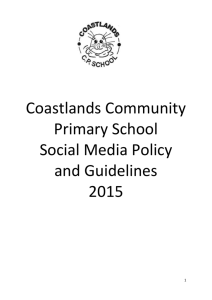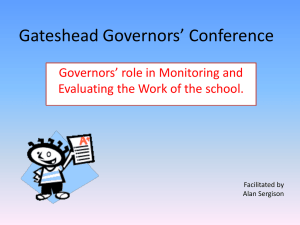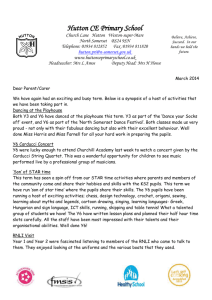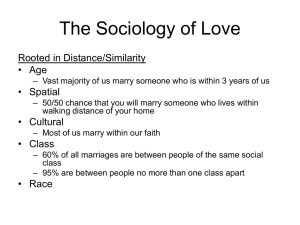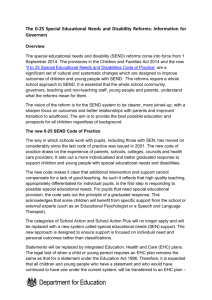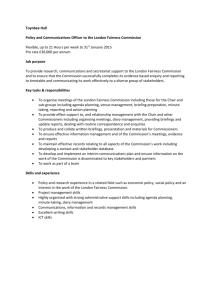Our curriculum policy - Beechwood Junior School
advertisement
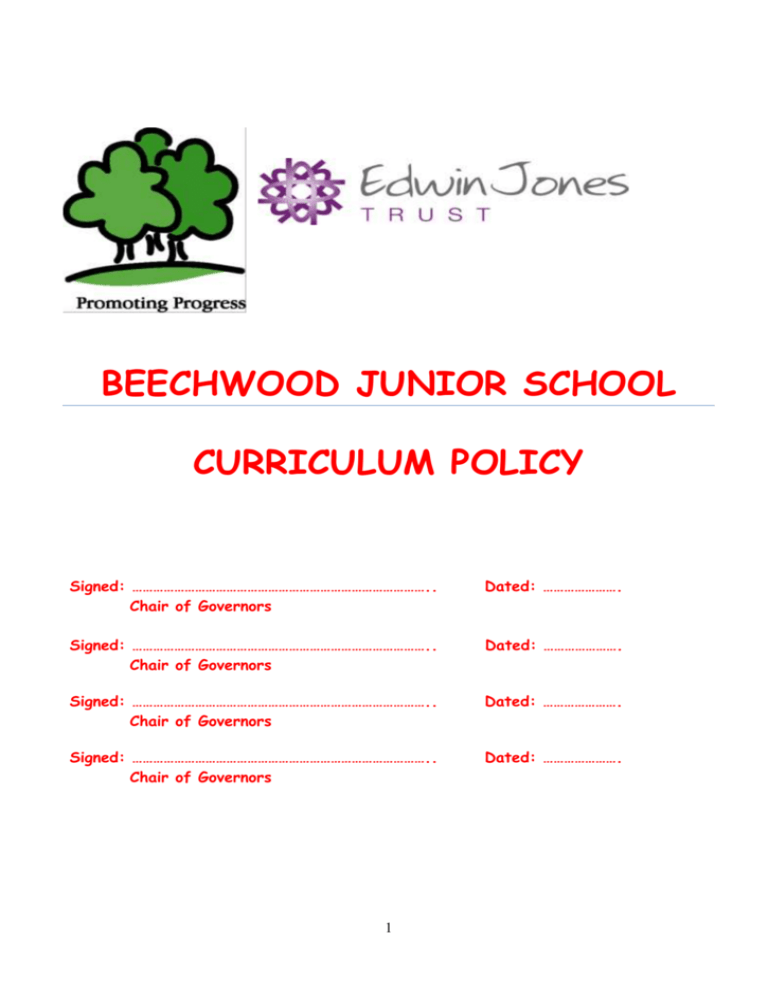
BEECHWOOD JUNIOR SCHOOL CURRICULUM POLICY Signed: ………………………………………………………………………….. Chair of Governors Dated: …………………. Signed: ………………………………………………………………………….. Chair of Governors Dated: …………………. Signed: ………………………………………………………………………….. Chair of Governors Dated: …………………. Signed: ………………………………………………………………………….. Chair of Governors Dated: …………………. 1 CURRICULUM POLICY 1. Introduction: We believe that learning is an enjoyable lifelong process through which everyone can achieve their potential and exceed their expectations. Our school’s curriculum is made up of activities that we organise in order to promote learning, and personal growth and development. It includes not only the statutory requirements of the National Curriculum, focusing on the basic skills entitlement for each subject area, but also extra-curricular activites that the school organises in order to enrich the children’s experience. We want children to grow into positive, responsible people, who can work and cooperate with others while at the same time developing their knowledge and skills, in order to achieve their true potential. 2. Values: We value children’s uniqueness, listen to the views of individuals and promote respect for diverse cultures. We value the spiritual and moral development of each person. We value the importance of each person in our community, and organise our curriculum to promote inclusion, cooperation and understanding among all members of our community. We value the rights enjoyed by each person in our society. We respect each child in our school for who they are and treat them with fairness and honesty. We seek to enable each person to be successful and provide equal opportunities for all our pupils. We strive to meet the needs of all our children and to ensure that we meet all statutory requirements regarding inclusion. We value our environment and teach our pupils, through our curriculum, how we should take care of the world, not only for ourselves but also for future generations. 3. Aims The aims of our school curriculum are: To enable all children to learn, and develop their skills, to the best of their ability. To promote a positive attitude towards learning, so that children enjoy coming to school, and acquire a solid basis for lifelong learning. To teach children the basic skills of each subject area. To enable children to be creative and to develop their own thinking, ensuring they have the skills to develop independence. To teach children about the developing world, including how their environment and society have changed over time. To help children understand Britain’s cultural heritage. To appreciate and value the contribution made by all ethnic groups in our multicultural society. 2 To enable children to positively contribute to society. To fulfil all the requirements of the National Curriculum. To teach children to have an awareness of their own spiritual development and to distinguish right from wrong. To help children to understand the importance of honesty, truth and fairness, so that they grow up committed to equal opportunities for all. To enable children to have respect for themselves, high self-esteem and to live and work cooperatively with others. Organisation and Planning: We plan our curriculum in 3 phases. We agree a long-term plan for each year group which indicates the topics that are to be taught in each term. Medium-term plans give clear guidance on the objectives that will be taught in each lesson. Our short-term plans are written on a weekly or daily basis to ensure that Assessment for Learning (AfL) impacts on each lesson. Wherever appropriate teachers look for ways to make cross-curricular links in their planning. S.E.N.: Teachers will aim to include all pupils fully in all lessons. However, a pupil whose difficulties are severe or complex may need to be supported with an individualised programme. This support may be during lessons or may be an additional support programme. Monitoring: Monitoring of the curriculum will take place at least once per term. Other monitoring will include planning sampling, work sampling, book scrutiny and pupil conferencing. Other relevant policies: Teaching and Learning Policy Special Educational Needs Policy Equal Opportunities Policy Individual Subject Policies 3
